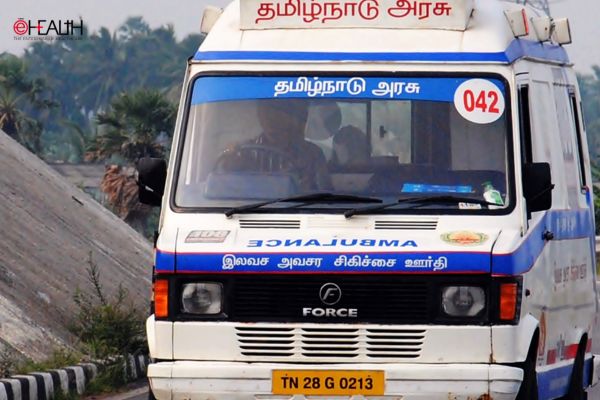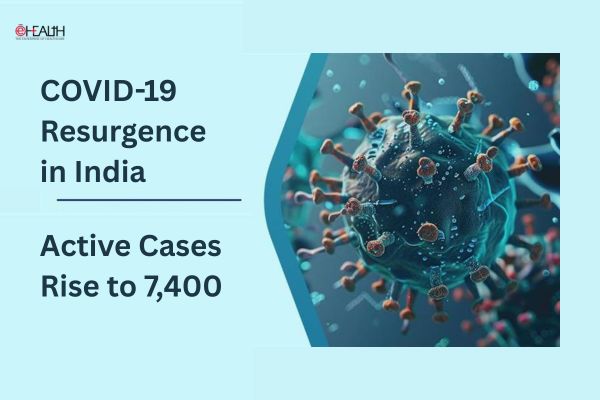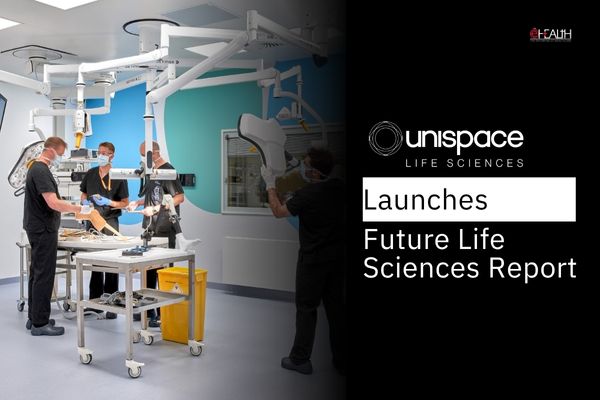
In a bid to further enhance emergency response times, EMRI Green Health Services, the GVK Enterprise operator for the Tamil Nadu State Health Department, is testing a new pilot application enabling real-time tracking of 108 ambulances.
The innovative system, under trial for the past month, aims to streamline communication between callers and ambulance drivers. Once an ambulance is allocated, the caller receives an SMS containing crucial details, including the driver’s contact number, a live tracking link, and the Estimated Time of Arrival (ETA). This feature ensures greater transparency and allows callers to monitor the ambulance’s movement in real-time.

From the driver’s perspective, the application eliminates the need for callers to specify exact locations, such as districts or taluks. Instead, it pinpoints the caller’s location, enabling drivers to navigate directly to the emergency site without additional instructions.

“We have been conducting trials for over a month, and the feedback has been overwhelmingly positive,” said M. Selvakumar, State Head of Operations, EMRI Green Health Services. “Our primary goal is to further reduce response times. With this application, drivers can efficiently locate callers, and callers can share their exact location effortlessly.”

The application also introduces an automatic ambulance assignment feature, eliminating the need for Emergency Medical Officers (EMOs) to manually intervene. Upon receiving an emergency call, the system will assign the nearest available ambulance, minimizing delays. This functionality is currently in the testing phase, according to officials.

Statewide, the average response time for 108 ambulances stands at 13.22 minutes, while in Chennai, the figure is notably lower at 7.54 minutes. “The Emergency Response Centre can track ambulance assignments, monitor their location, and identify idle vehicles,” shared Ranjith Viswanath, Head of the Emergency Response Centre, EMRI Green Health Services.
Also Read: NHS to Trial Groundbreaking AI Tool to Predict Type 2 Diabetes Risk Years in Advance
If implemented nationwide, this technology could significantly enhance India’s public health response by ensuring timely medical assistance during emergencies. Real-time tracking and automatic assignment of ambulances would reduce delays in critical care, particularly in rural and remote areas where access to healthcare is often limited. By optimizing resource allocation and improving coordination, the system has the potential to save countless lives and elevate the overall standard of emergency medical services across the country.
Be a part of Elets Collaborative Initiatives. Join Us for Upcoming Events and explore business opportunities. Like us on Facebook , connect with us on LinkedIn and follow us on Twitter , Instagram.
"Exciting news! Elets technomedia is now on WhatsApp Channels Subscribe today by clicking the link and stay updated with the latest insights!" Click here!
















